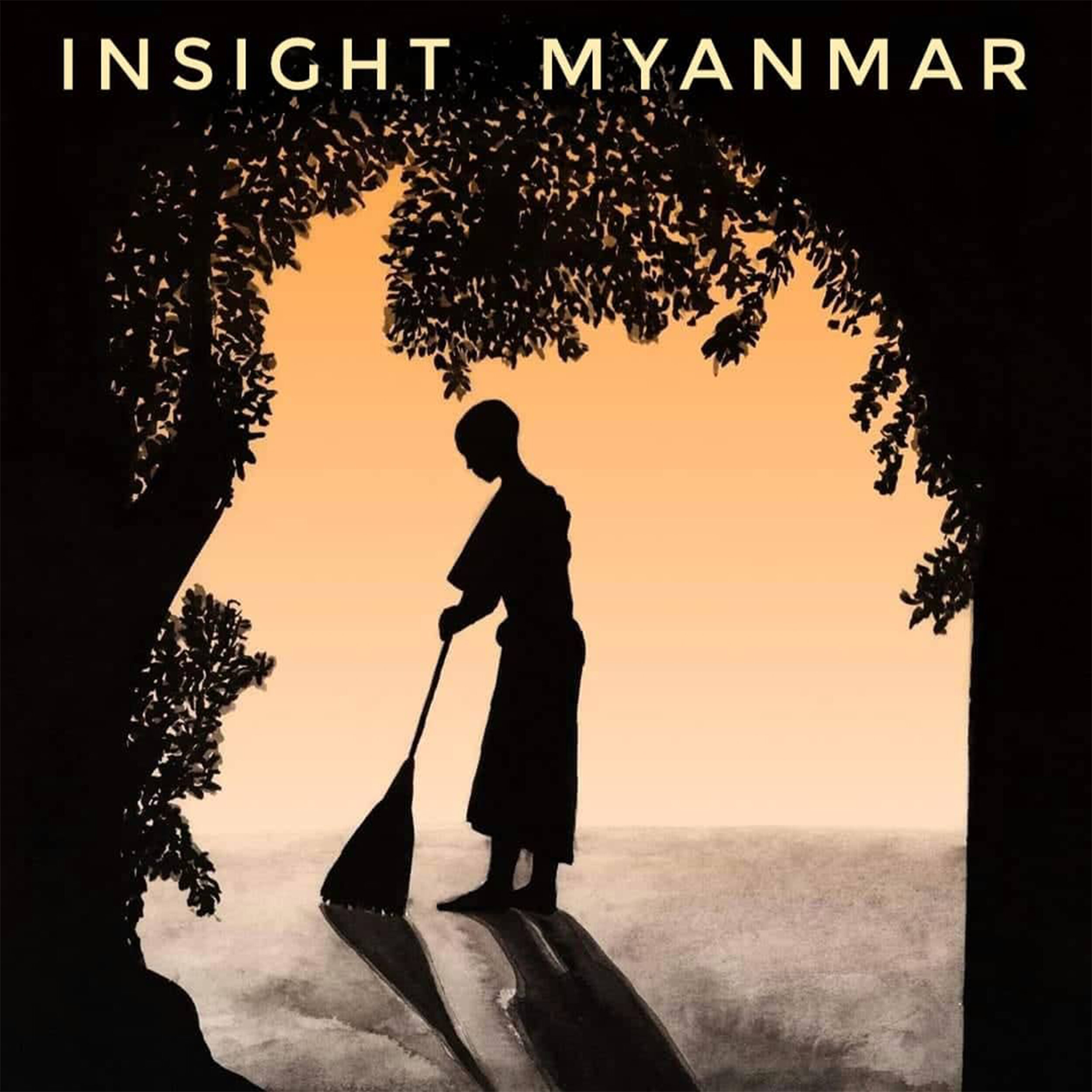Episode #33: Expats in the Golden Land: Dhamma in the City
Episode Release Date: To be Announced
To what extent does the life of the expat community in Myanmar intersect with Burmese Buddhist practice and meditation? This is the question we explore in Dhamma in the City, the inaugural episode in our new Voices: Expats in Myanmar series.
A conversation unfolds between Christina Peterson and Jose Molina, with Joah McGee moderating. Although all three are American expats who lived for extended years in Myanmar while pursuing a serious Buddhist practice, their individual stories are actually quite different. Christina first arrived in Myanmar in 2005 as a young backpacker, and then came back to work in 2007 as an English teacher. She arrived with no interest in meditation at that time, and her only engagement with Buddhism came from a desire to learn more about Burmese culture, as well as to deepen a relationship with local friends, for whom Buddhism was an important part of life. Over time, Christina came to see the value in the Buddha’s teachings, and began to learn from several traditions, such as Goenka, U Pandita, and Shwe Oo Min. However, this came to a jarring halt when she was forcibly deported from the country in 2010, for reasons still unclear.
As for Jose, Myanmar first came on his radar when his girlfriend got a job at the United Nations. He ended up visiting in 2017, and stayed on for the following several years working as an agricultural specialist at an NGO. He left the country shortly after this interview was conducted on March 2nd, on one of the last flights out of the country before the coronavirus pandemic shut down the Yangon airport (which, by the way, is still closed as of this release). Jose’s practice had begun years earlier, when he attended a ten-day meditation retreat in the Goenka tradition at Dhamma Dhara, a vipassana center in his home state of Massachusetts. Since then, he has counted Daniel Ingram and Thanissaro Bhikkhu as primary influences, as well as various Western monks in the Thai Forest Tradition. In Yangon, he practiced daily at Chan Myay Yeiktha Monastery and regularly sponsored dana ceremonies for monks.
Where Christina’s experiences took place within the calmer and yet more authoritarian Yangon prior to the 2012 reforms, Jose lived in a freer, more chaotic, and increasingly cosmopolitan city following the opening. And yet despite the huge differences in their experiences with the city and country they’ve called home, they have much in common to share about being expats who practice Dhamma. \
Few expats living in Myanmar have taken up a spiritual practice. And most of the small number of foreign practitioners in the country choose to spend the majority of their time at monasteries and meditation centers or on pilgrimage, and so end up learning little about daily life and society outside the monastery walls. Through this discussion with Christina and José discuss, we learn that there is much of value for the foreign yogi in engaging with all the various layers of the culture. Using their own lives in the country as a touchstone, they examine the intersection of spiritual practice at a monastery or center and the householder life on the outside. They share their deep appreciation about being able to further their professional career in a country that offers such a plethora of unique opportunities for inner development. Of course, no place is totally perfect, and that certainly is true of Myanmar, and so the discussion also includes some of the challenges of living there full-time.
